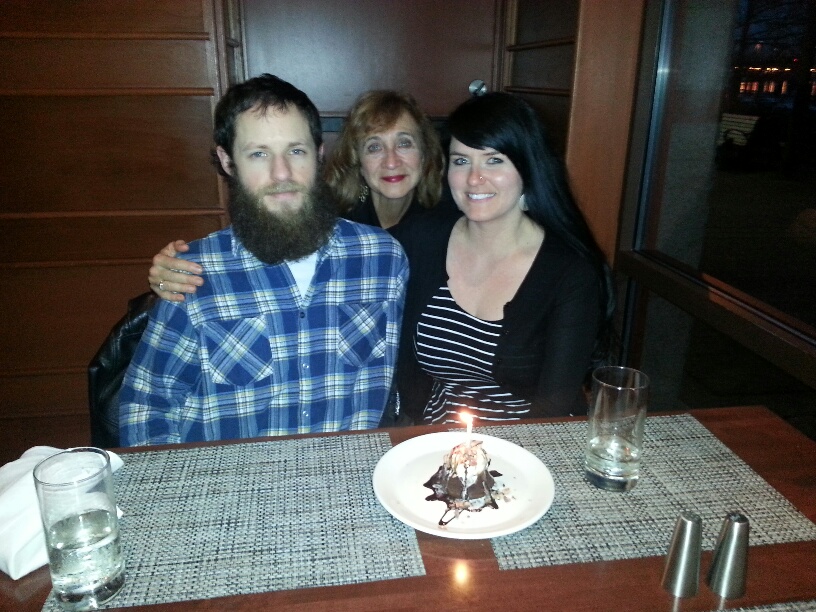I was at my gym the other day and saw a sign that read “Maximum capacity 291”. That started me thinking about the meaning of those two words and how they might be applied to our lives. “Maximum” means no more than, an upper limit allowed. “Capacity” means the ability to hold, store, receive or accommodate.
So how can we apply this to ourselves in a more intangible way? What is your maximum capacity for love? Does this make sense? Of course not. There is no limit to how much we can love something or someone or more than one someone. Think of a mother with three children. She loves them all. Then she finds out she is going to have a fourth child. Does she worry that she will not have enough love for all of them?
We think we have a maximum capacity for pain. But do we? Physically, when we have reached our threshold for pain tolerance we usually pass out. That is the body’s way of protecting us from a level of pain greater than our ability to withstand. Emotional pain? Some people who reach what they believe to be their maximum capacity for emotional pain end their own lives. What a tragedy this is. But to them it is the only viable solution. The emotional equivalent of passing out, only they never wake up.
And what of joy? Is there a point at which you say, “No more joy! I can’t take it anymore!” I doubt it. Most of us find joy intoxicating. It feels like freedom times ten. We are like children without worry or stress. For a brief moment we are floating on air. Is there a limit to the joy we can feel?
There is another application I can think of for “maximum capacity”. And that is the capacity to experience good. You have a container (the capacity part) and you give it to the universe, God, higher power, whatever feels right to you. You ask for it to be filled with good things for your life. The question is, how big is your container? Is it the size of a thimble? Do you see yourself with a small capacity for good because you believe to expect more would be too selfish? Are you not deserving of more good than a thimble could hold?
This is not just a frivolous pondering of little significance. It is immensely important. How much good do you deserve? How big is your container? When the container is full, it is at “maximum capacity” and you know there will be no more room. So you must believe yourself to be deserving of all the good you can imagine or you will surely go without. This is not an easy thing to do. It challenges many of us in our core belief that to expect too much good is egocentric, not Christian. We should think of others, not ourselves.
The truth is, we all deserve the good the universe (or God) will give to us. Our containers should be big enough to hold all that we can imagine for ourselves. It is not selfish to want to live abundantly. And by abundantly, I am not speaking only of monetary good. There is so much more.
Try waking up tomorrow and expect good things to occur throughout your day. Believe you are worthy and know that life is on your side. See what happens. Picture your container as so big you cannot see over the top. Maximum schmaximum!
